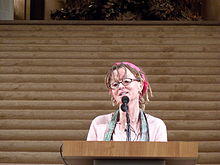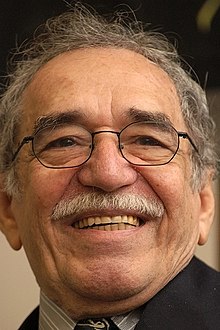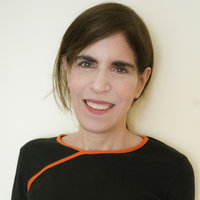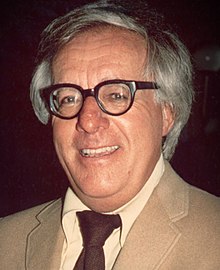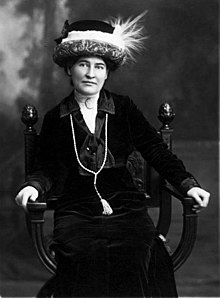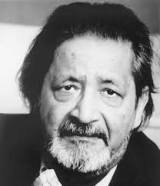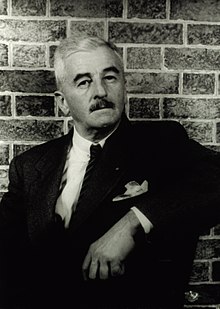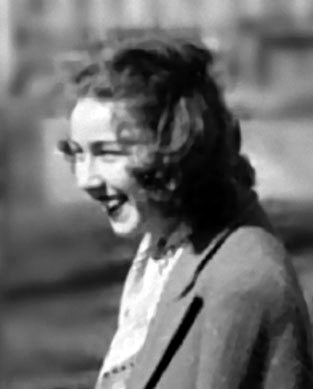It’s hard to predict exactly how a novel will be received, but there are always some surprises. I could not have predicted the brouhaha started by an Alaskan columnist over the fact that the University of Alaska Press published a novel by a writer from Seattle.
Here is my response:
In all my years of writing for newspapers, magazines and book publishing companies, I’ve never received a response as ridiculous as the one that appears in the Alaska Dispatch Aug. 18 written by Craig Medred. Medred criticizes the University of Alaska Press for publishing my novel, The Storms of Denali, which appeared on July 15. The substance of his critique, if you can call it that, seems to consist in that I don’t live in Alaska and therefore don’t deserve a contract for the book.
Such a notion runs counter to the entire field of publishing, including I would hope, the Alaska Dispatch. Publishing, whether in university presses or elsewhere, should never be a jobs program as Medred recommends. To survive, publishing houses have to produce works that engage and enlighten readers so they will buy the book, magazine or newspaper. If they don’t succeed in this task, they go out of business. Period. Giving writers assignments based on where they live would be a disaster. Anyone involved in publishing knows this.
The University of Alaska Press gave me a contract for the novel because it merited one. It received and continues to receive outstanding reviews. I’m especially proud of the one from Jonathan Waterman, the expert on Denali climbing, who also happens to live Outside of Alaska:
“An extraordinary novel. Through verisimilitude and candor rarely found in the nonfiction literature of North America’s highest peak, O’Connell plumbs the motivations, risk, and nuances of an ordinary climber’s life. The mounting tension, deft characterizations, and sun-burnt realism of The Storms of Denali transport the reader more vividly than any other book about the mountain. –Jonathan Waterman, author of In the Shadow of Denali and Running Dry. For more: www.nickoconnell.net.
The novel succeeds because it includes expert descriptions of high altitude climbing, allowing non-climbers to understand and identify with what’s happening on the mountain, whether you call it Denali or McKinley. It features sharply-etched portraits of the team members—John Walker, the first-person narrator, a family man who considers this his last shot at mountaineering glory; Wyn Mitchell, a world-class climber with a risky, go-for-broke style who uses the climb as a stepping stone to Everest; Al McKenzie, a Boeing engineer, who hopes the climb will help him forget his divorce; Lane Frederickson, a fireman and novice climber, who clashes frequently with Wyn, the group leader. The Storms of Denali gives full and vivid treatment to these characters–their strengths, weaknesses, and how they combine into a volatile mix that ends in disaster.
The novel should be judged on the above criteria, not whether I live in Alaska, or whether I’m “nice” or have “a descent [sic] climbing resume.” To succeed, a novel has to create a believable and compelling world. If it does not, readers will put the book down. I worked for years to create such a world; it’s the product of all my writing and climbing experience. Medred asserts, “we’re dealing with fiction here, so O’Connell can call the mountain any damn thing he wants.” Nothing could be farther from the truth. Without the ring of authenticity, novels seldom get beyond the slush pile.
Medred’s column also criticizes the hiring of Andrea Dunlop as publicist for The Storms of Denali. I bear total responsibility for this. The University of Alaska Press had nothing to do with it. I hired her the old-fashioned way; I consulted knowledgeable people about who would do the best job and her name came up. I hired her because she was savvy, well-connected and extremely likeable and energetic. This is PR 101; to do otherwise would have been a waste of money.
Likewise, I chose the University of Alaska Press because they seemed to be the best place to publish the book. Other larger houses were interested, but the U of A Press committed early to the novel and convinced me they had the moxie and professionalism to pull it off. They have proved me right.
Finally, I would say to Medred and others who have commented: read the book before you make pronouncements about it. I worked very hard to make it accurate, exciting and celebratory; the Alaskans I know will enjoy the hell out of it. Reading the book before commenting on it is Journalism 101; not doing so makes you look like an idiot. And as far as developing new talent, or improving existing talent, consider signing up for the writing classes I offer through www.thewritersworkshop.net.
I bear Medred no ill-will. I’m a journalist; I enjoy controversy. But I hate stupidity and the intellectual laziness that goes with it, much of which is evident in Medred’s column. I would hate to see the University of Alaska Press, or any university or other press for that matter, feel pressured to conform to such ridiculous notions and publish manuscripts solely on the basis of the author’s residence. It would be the end of publishing as we know it.
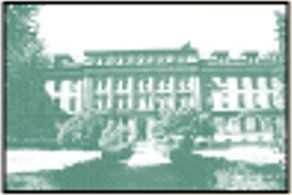 The Writer's Workshop
The Writer's Workshop 